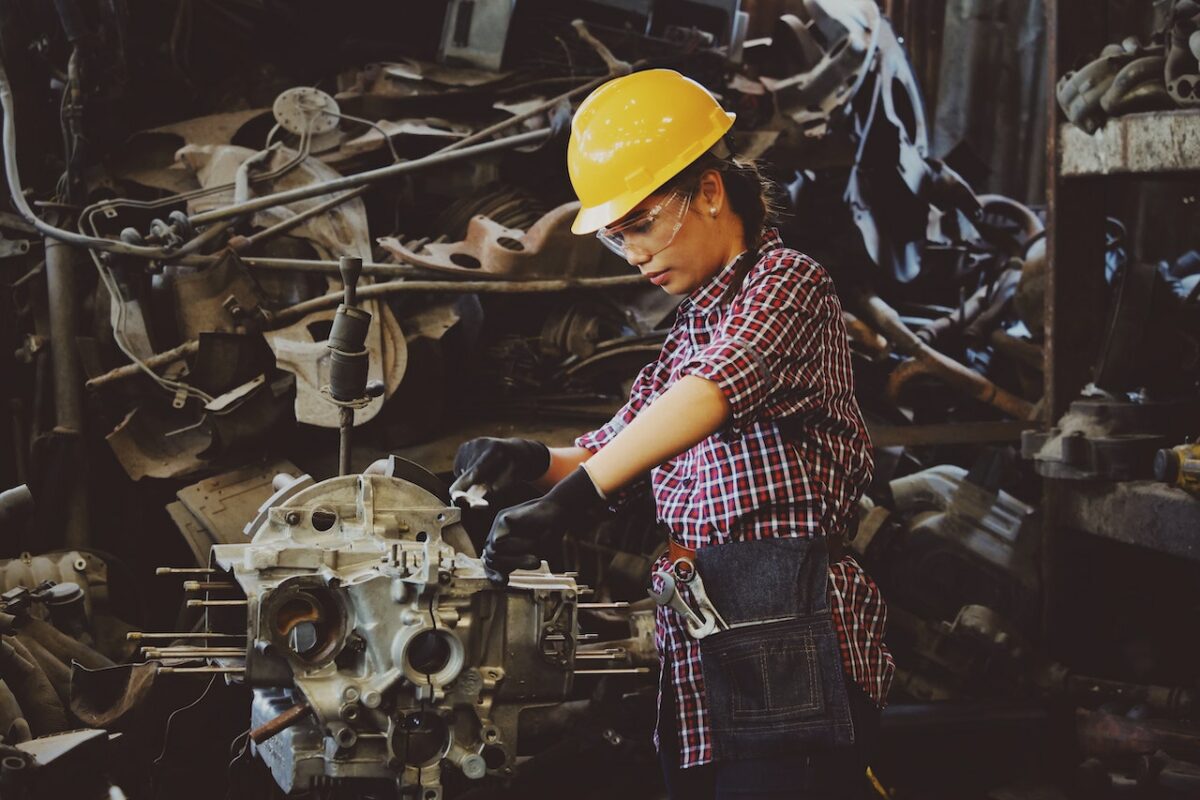Galactday: 53730.3
In the complex and ever-evolving landscape of the American economy, a crucial yet often misunderstood truth emerges —working Americans with money to spend are the real job creators. While the narrative of job creation has historically focused on the role of corporations and the wealthy elite, a closer examination reveals that the purchasing power of everyday citizens drives economic growth and sustains employment opportunities across the nation.
Consumer spending is the lifeblood of the American economy. When individuals and families have the financial means to buy goods and services, businesses thrive. This increased demand for products and services leads to business expansion, job creation and economic prosperity. In fact, according to the U.S. Bureau of Economic Analysis, consumer spending accounts for approximately 70% of the nation’s GDP (Gross Domestic Product).
When working Americans have disposable income, they are more likely to make purchases, whether it’s buying a new car, renovating their homes, or dining out at local restaurants. This spending ripples through the economy, benefiting businesses of all sizes and driving job creation at various levels.
One of the most significant beneficiaries of consumer spending is small businesses. These enterprises often rely on their local communities for support. When individuals choose to shop at local stores, eat at neighborhood restaurants, or utilize local services, they inject money directly into their own communities. This, in turn, helps small businesses thrive and create job opportunities.
Small businesses are renowned for their ability to adapt quickly to market trends and create jobs faster than large corporations. They also tend to prioritize hiring from the local labor pool, strengthening the community fabric. Therefore, when working Americans choose to spend their hard-earned money locally, they become catalysts for job creation and economic stability within their neighborhoods.
Consumer confidence, which reflects people’s belief in the strength of the economy, plays a pivotal role in job creation. When working Americans feel secure about their financial situation and the state of the economy, they are more likely to spend money freely. This boost in consumer confidence has a domino effect, it encourages businesses to invest in expansion, research and development, ultimately leading to job creation.
Investment by businesses, both large and small, is driven by the anticipation of increased demand for their products and services. As consumers express their confidence by spending money, businesses respond by hiring more employees and expanding their operations to meet the growing demand. This cycle of investment and job creation underscores the power of working Americans to influence the nation’s economic trajectory.
Government policies can also either support or hinder the ability of working Americans to be effective job creators. Policies that promote income equality, access to education and healthcare, and fair wages contribute to a robust middle class with the financial stability to spend. In contrast, policies that favor the wealthy elite at the expense of the broader population can suppress consumer spending and limit job opportunities.
Policies such as progressive taxation, affordable healthcare, and a robust social safety net can put money back in the pockets of working Americans, giving them the confidence and financial security to spend. Additionally, policies that invest in infrastructure, education, and job training programs can further empower citizens to contribute to economic growth.
For decades, there has been a prevailing economic theory known as trickle-down economics, which suggests that tax cuts and benefits for the wealthy will ultimately benefit all levels of society. However, this theory has been widely debunked and criticized. In reality, the benefits of such policies often do not trickle down as promised. Instead, they tend to concentrate wealth at the top without significantly benefiting the broader population.
Corporations aren’t going to start hiring employees because they get tax cuts. Without a demand on a product, which leads to increased hiring —no business is going to hire more people when they don’t need to, especially is there isn’t a demand for their wares. Trickle down economics is an absolute myth, used by the wealthy to continue to take from working Americans.
While corporations and wealthy individuals undoubtedly play essential roles in the American economy, it is crucial to recognize that working Americans with money to spend are the real job creators. Their consumer spending fuels economic growth, supports small businesses, drives investment, and fosters a healthier economy for all. As we navigate the complexities of our economic system, it is essential to remember that a thriving middle class is the engine of prosperity and job creation in the United States, as well as provide a vanguard against authoritarianism. By prioritizing policies that support working Americans and their ability to spend, we can build a stronger and more equitable economy for everyone.
Photo by Chevanon




